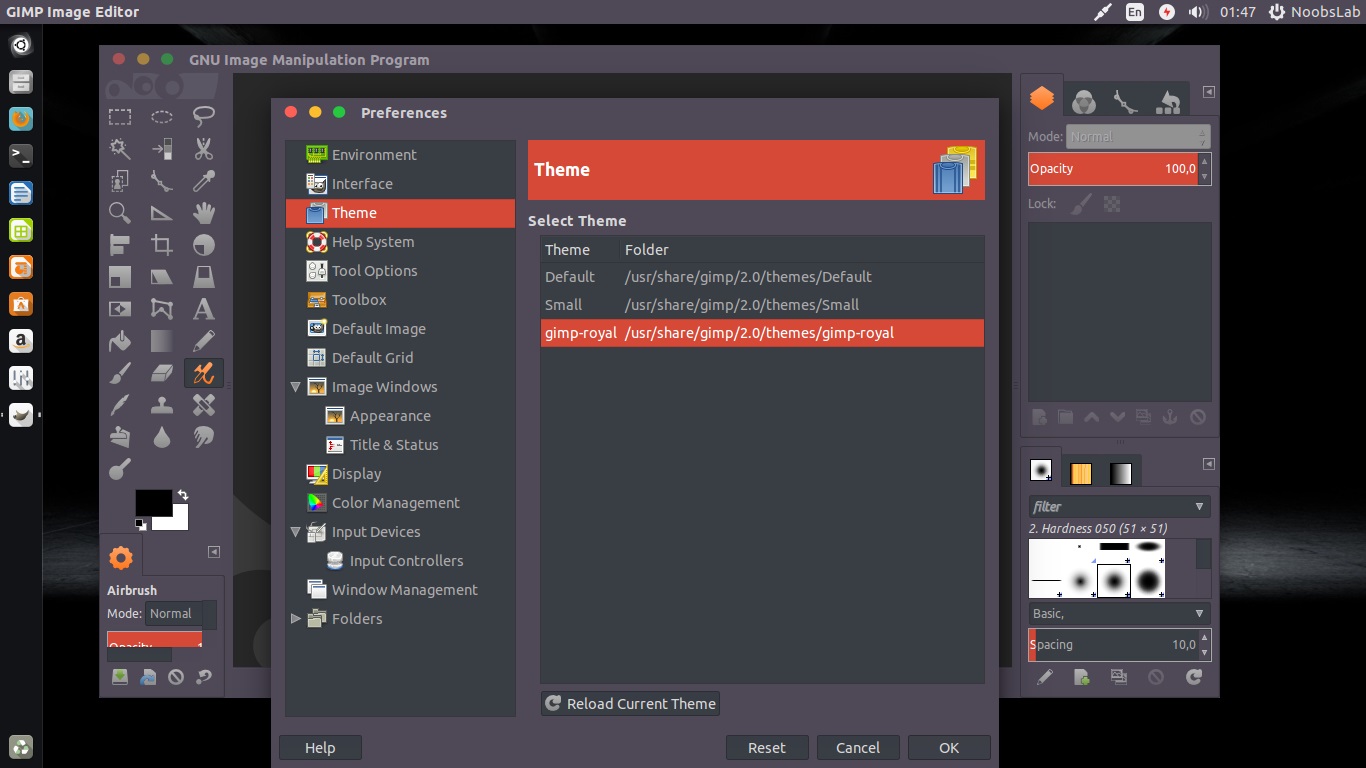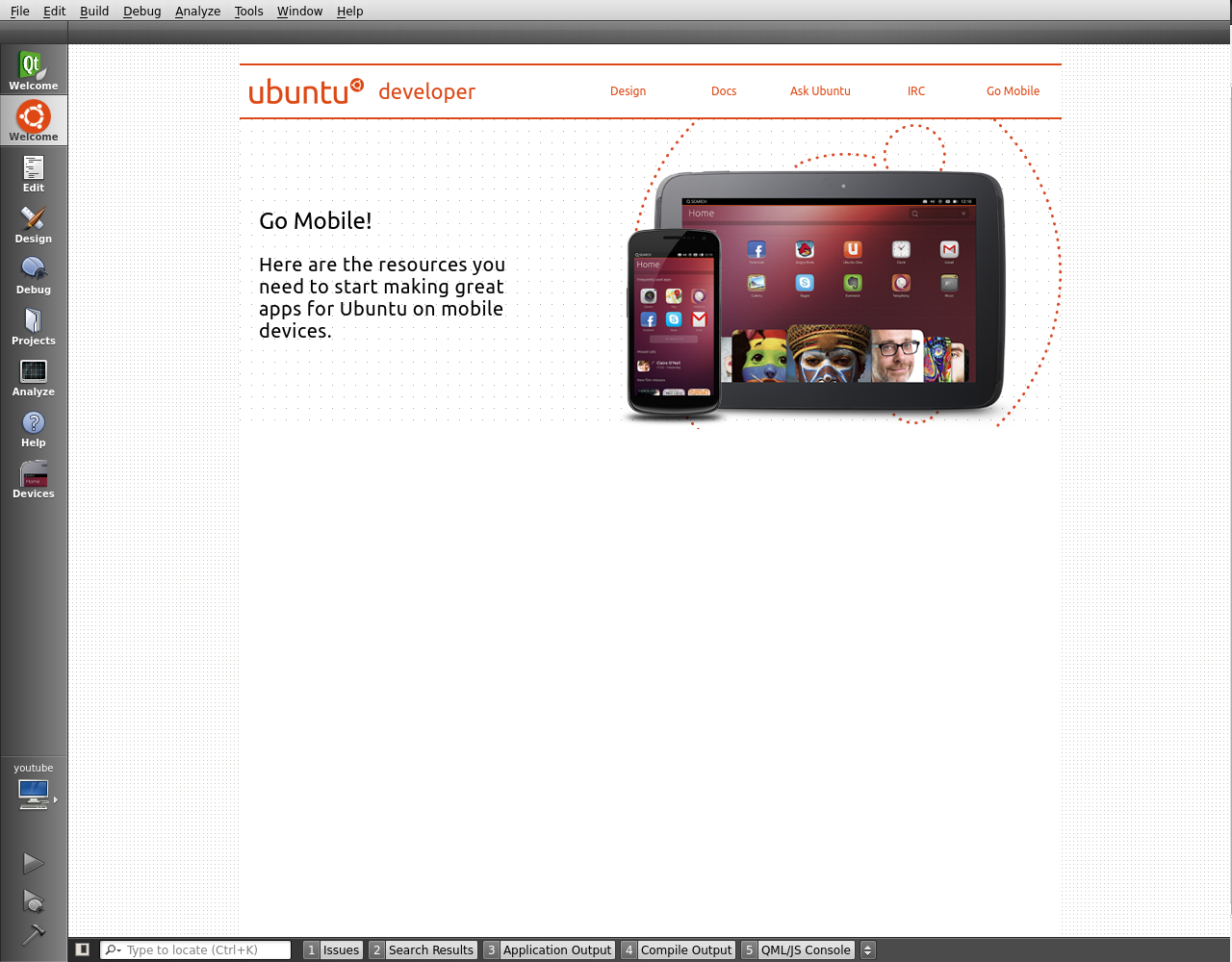
(see the following image) As default, src/main.cpp is running so you can directly edit main.cpp if you don’t want to add new files. To re-run CMake, right click the project name on Qt Creator and click “Run CMake”. Now to apply the Clang format to a C++ file open the file in Qt Creator and press Ctrl + Shift + k and. In the Shortcut section enter the Target text box and press Ctrl + Shift + k to set the shortcut. In the filter box type Clang and you should pull up the new tool. New files/folders under src folder will be automatically added to the project after you re-run the CMake. Goto: Tools > Options > Environment > Keyboard. You can also try other examples (check the following image) If you’re in trouble, you can comment the problem. If you see a flickering window, you’re done. > Choose OpenglDevTemplate to run (check the following image)Ĭ. > Choose the CMakeLists.txt under opengl-dev-creator directory Clone (recursively) the template that I prepare by the following command : git clone -recursive -> Go to Qt Creator (If nothing happens, run it from the terminal to see the problem.)ĭ.

Download Qt Installer from here, Qt’s website.Ĭ. GLEW Deps : sudo apt-get install build-essential libXmu-dev libXi-dev libgl-devĭ. GLFW Deps : sudo apt-get install xorg-devī. Clone The Template And Run On Qt CreatorĤ.

You can find the project on my GitHub account : /furkantokac/kit-openglĬurrently supported libraries : GLFW, GLEW, GLAD Outlineģ.
#Qt creator ubuntu how to
If you’re not using Ubuntu, I think you already know how to survive :) If you have any problem, just comment. I need to run QtCreator from terminal but I can't locate the executable. I’ll not mention about each technologies seperately (like what is CMake etc.) so you can search them online if you want.Īlthough the post mainly targets to Ubuntu, it should work for the most of the distros and platforms as long as you have the dependencies. Hi I have QtInstalled with the official qt installer (I haven't used the package with the name 'qtcreator'). The OpenGL libraries will be automatically in your “libs” folder so no need to worry about importing them. By this post, you’ll have a ready-to-work development environment for OpenGL development. If you want to start OpenGL development by using Qt Creator, you’re on the right place.

Bu yazıyı Türkçe oku.|Read the post in Turkish.


 0 kommentar(er)
0 kommentar(er)
